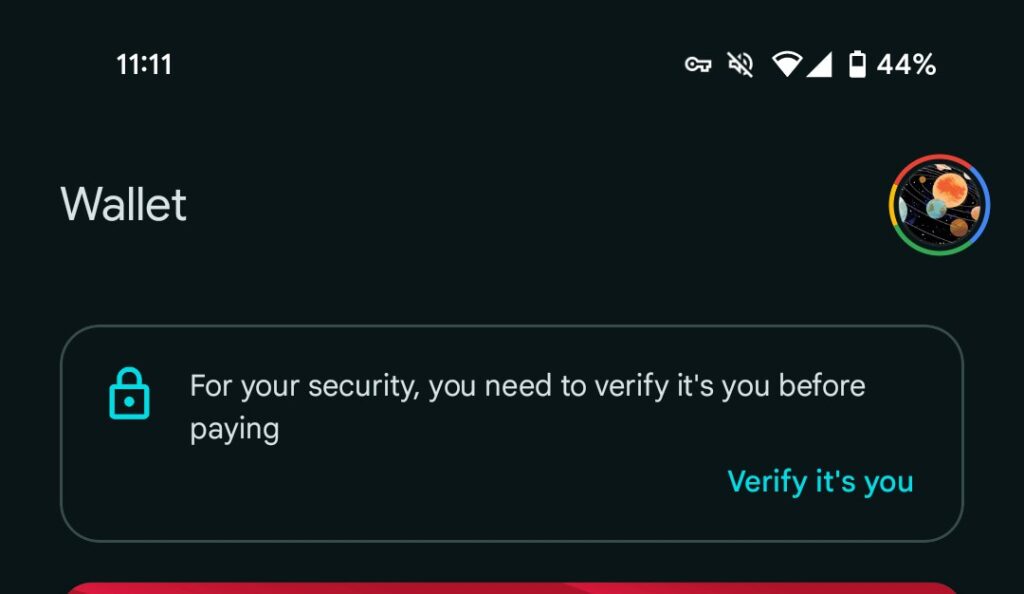Google Wallet for Wear OS
In the realm of wearable technology, convenience and security have long been at the forefront of user experience. With the integration of tap-to-pay functionality in smartwatches, users have enjoyed seamless transactions at their fingertips. However, recent developments suggest a shift towards heightened security measures, potentially altering the landscape of wearable payments.
The Evolution of Wearable Payments
Wearable payments have transformed the way we engage in transactions, offering unparalleled convenience and efficiency. Google Wallet for Wear OS has been a frontrunner in this domain, providing users with a seamless tap-to-pay experience. Yet, as technology advances and security threats evolve, the need for enhanced authentication measures becomes imperative.

The Shift Towards PIN Authentication
Reports have surfaced indicating that Google Wallet for Wear OS may soon require a PIN code before initiating tap-to-pay transactions. Unlike the previous frictionless process of simply tapping the watch app to pay, users are now prompted to enter a PIN, introducing an additional layer of security. While this change is not yet universal across all devices, it hints at a potential testing phase or an intentional adjustment by Google.

Balancing Security and Convenience
While the primary driver behind this alteration is security, it inevitably introduces inconvenience for users. Smartwatches are renowned for their accessibility and ease of use, but requiring a PIN entry adds a new step to the payment process. This shift may reflect a proactive approach by Google Wallet to bolster trust and confidence in the security of Wear OS devices.

Navigating the New Protocol
With the implementation of PIN authentication, initial tap-to-pay attempts may fail unless users proactively enter the app and navigate to the payment interface. This departure from the previous seamless process mirrors Apple Watch’s double-tap method for payment initiation. Additionally, users now face a limited window after unlocking their device to complete a transaction, with subsequent attempts requiring re-authentication.
Aligning with Phone Authentication Updates
Google’s recent updates to phone authentication procedures indicate a broader push towards enhanced security measures across its ecosystem. While the intention behind these updates is clear, the lack of explicit mention of smartwatches in the support documentation may leave users questioning the coherence of the authentication process across devices.
Challenges and Future Prospects
For users accustomed to fingerprint unlocking, the transition to entering a PIN on a smaller screen may pose challenges. However, there is optimism for the future, with suggestions for the Pixel Watch to accommodate more than four-digit PINs, enhancing both security and user experience.
Article: Google’s April Pixel Update: Fixes Cellular Network Issues
Conclusion: Embracing Security in Wearable Payments
The implementation of PIN authentication in Google Wallet for Wear OS marks a significant step towards enhancing security in wearable payments. While this adjustment may introduce initial inconvenience for users, it reflects a proactive approach by Google to prioritize the security and integrity of its ecosystem. As technology continues to evolve, striking the right balance between security and convenience will remain paramount in shaping the future of wearable payments.


